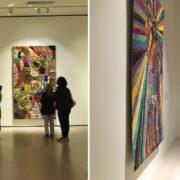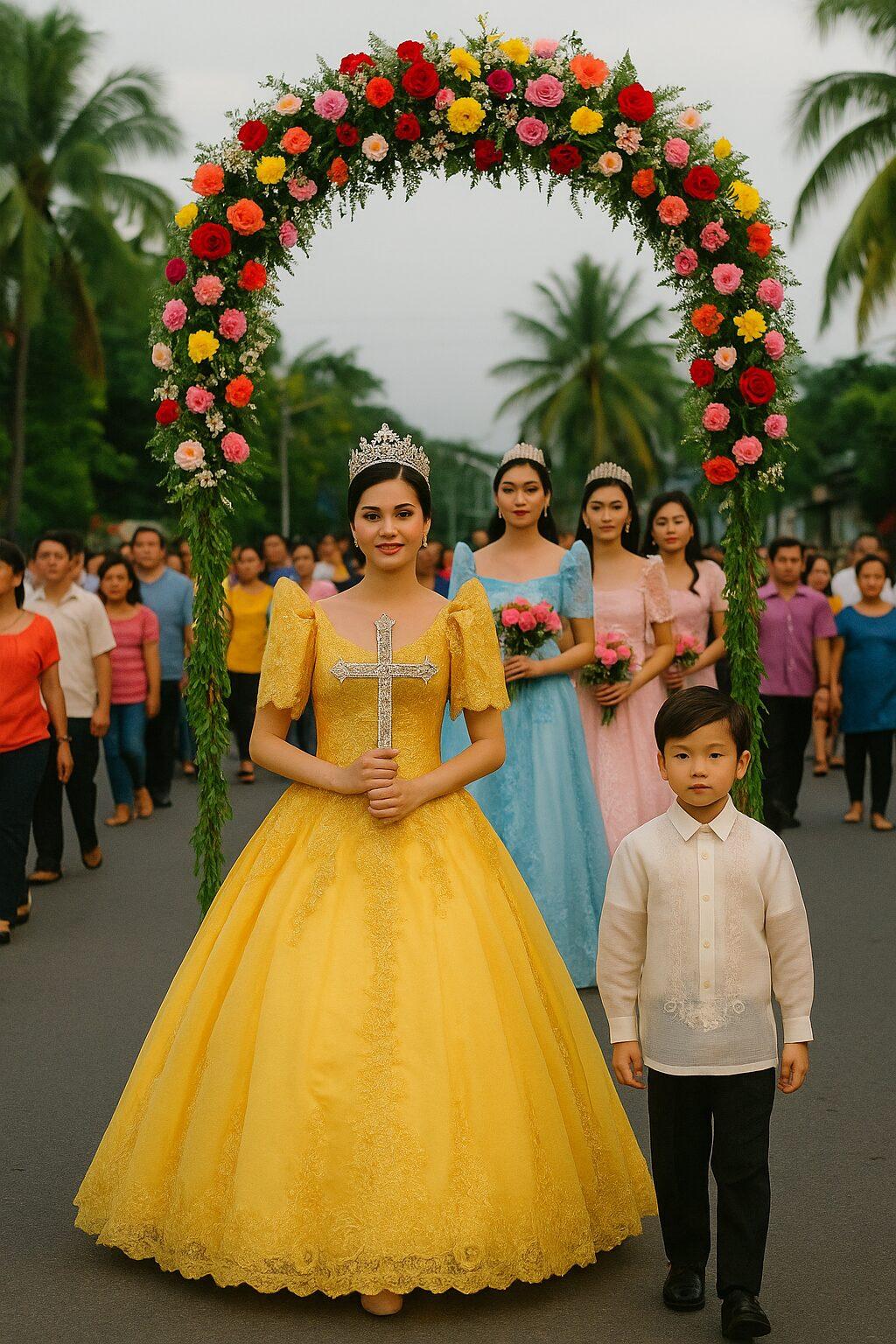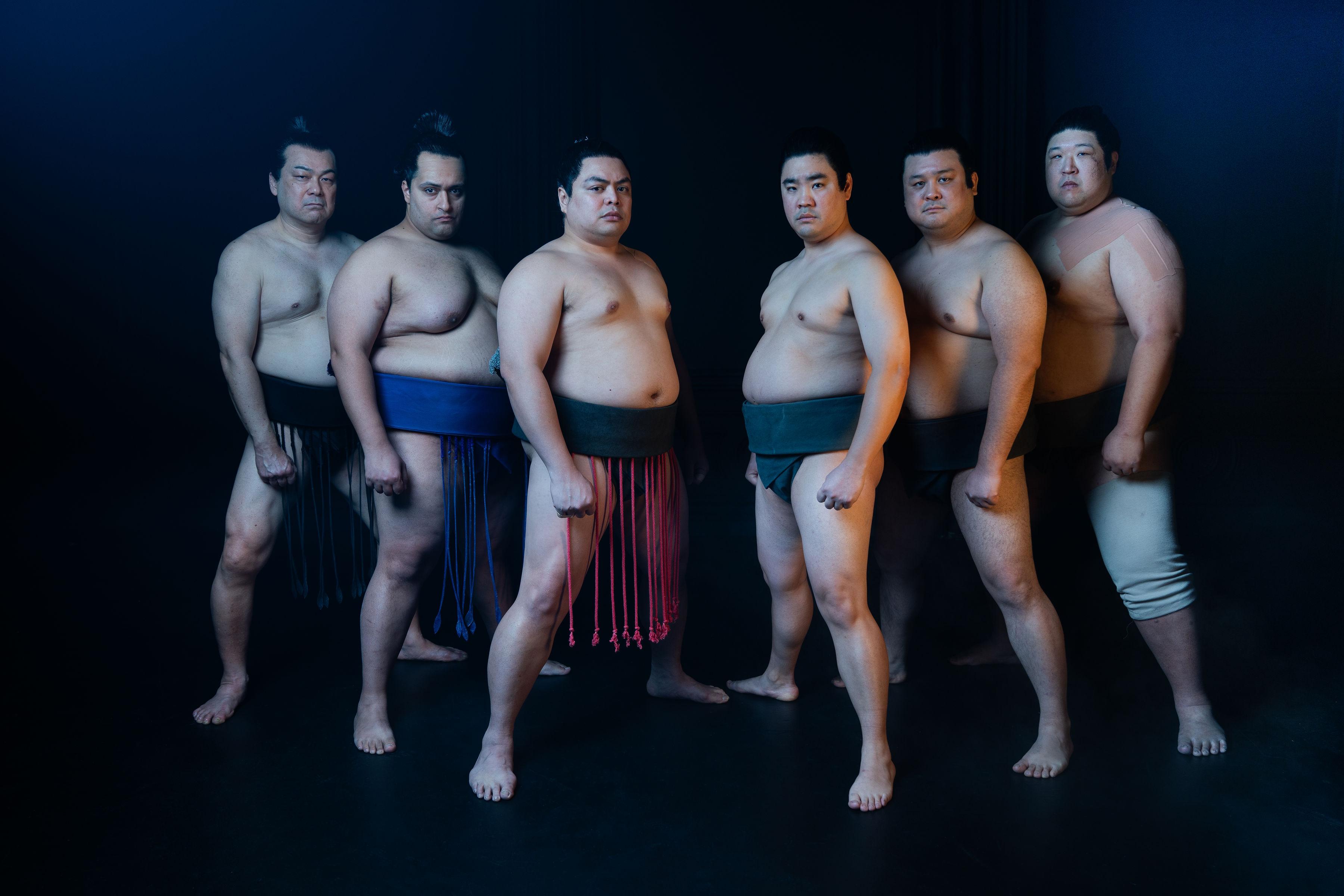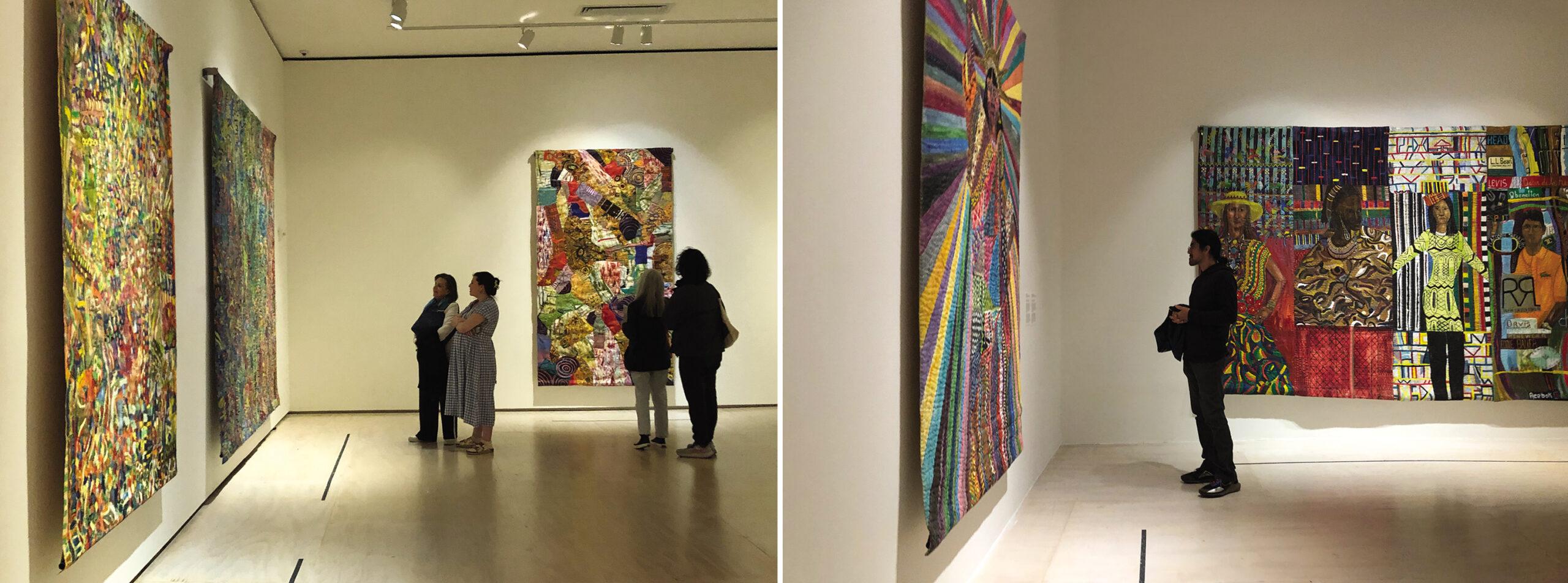
Looking for a delightful weekend adventure? Hop aboard the 7 train and whisk yourself away to MoMA PS1 for a dose of Filipino art that will surely uplift your spirits!
Start your journey with the vibrant world of Pacita Abad’s exhibition, running until September 2. Then, dive into the captivating narrative of “Little Manila Queens: Mabuhay!” which runs from May 16 to October 21, 2024. This exhibition delves into the profound social impact of migration policies on Filipino communities, spotlighting the vibrant Woodside Little Manila neighborhood. It was one of the four new exhibitions launched last week at an Open House that featured talks, performances, and workshops from artists and curators.
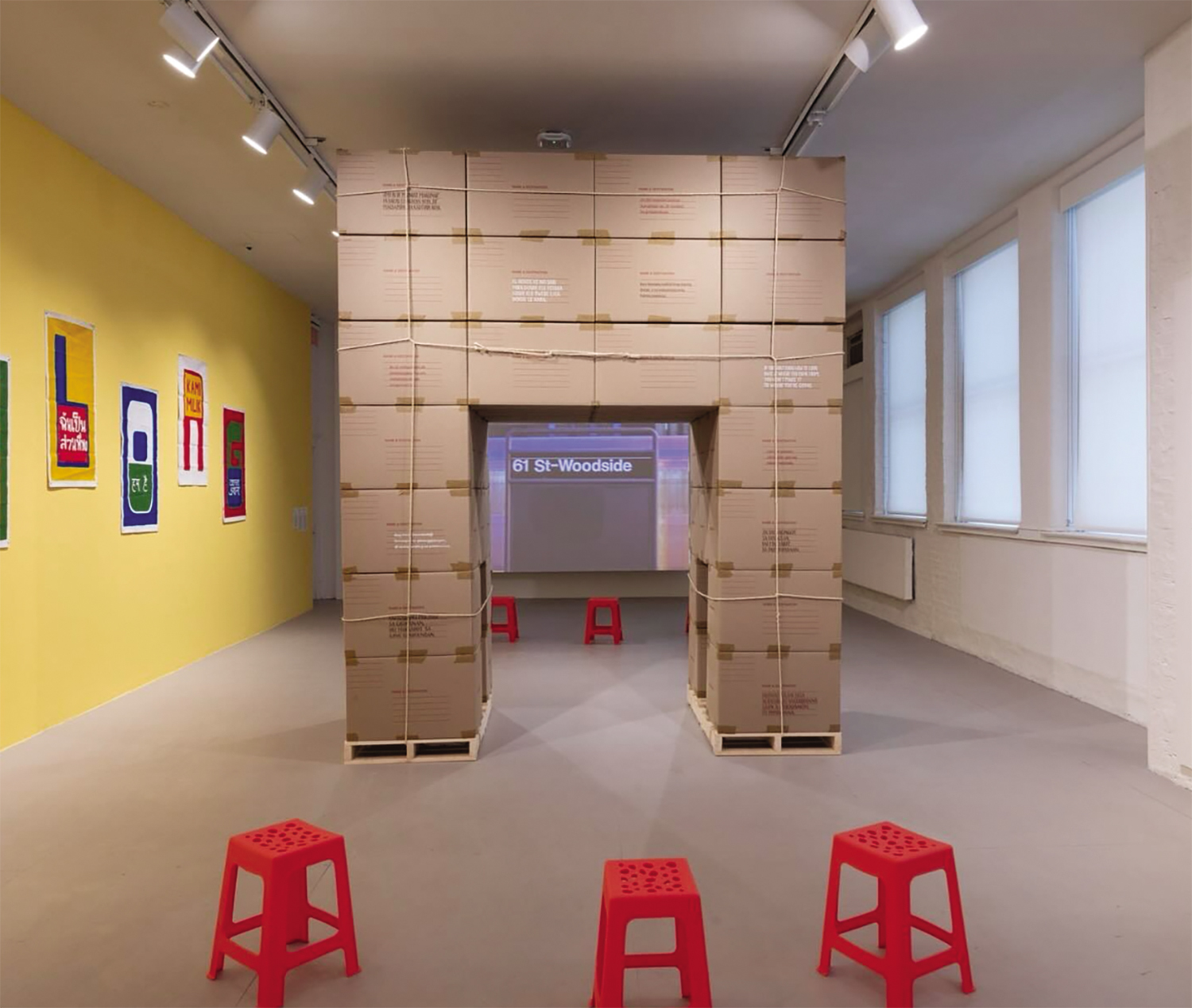
After immersing yourself in Filipino creativity, hop back on the 7 train and venture to the heart of Queens’ Little Manila. Indulge in a hearty Filipino dinner or stock up on authentic ingredients to recreate your favorite dishes at home. It’s a weekend escapade filled with art, culture, and delicious flavors – what more could you ask for?
Pacita Abad and her ‘trapuntos’
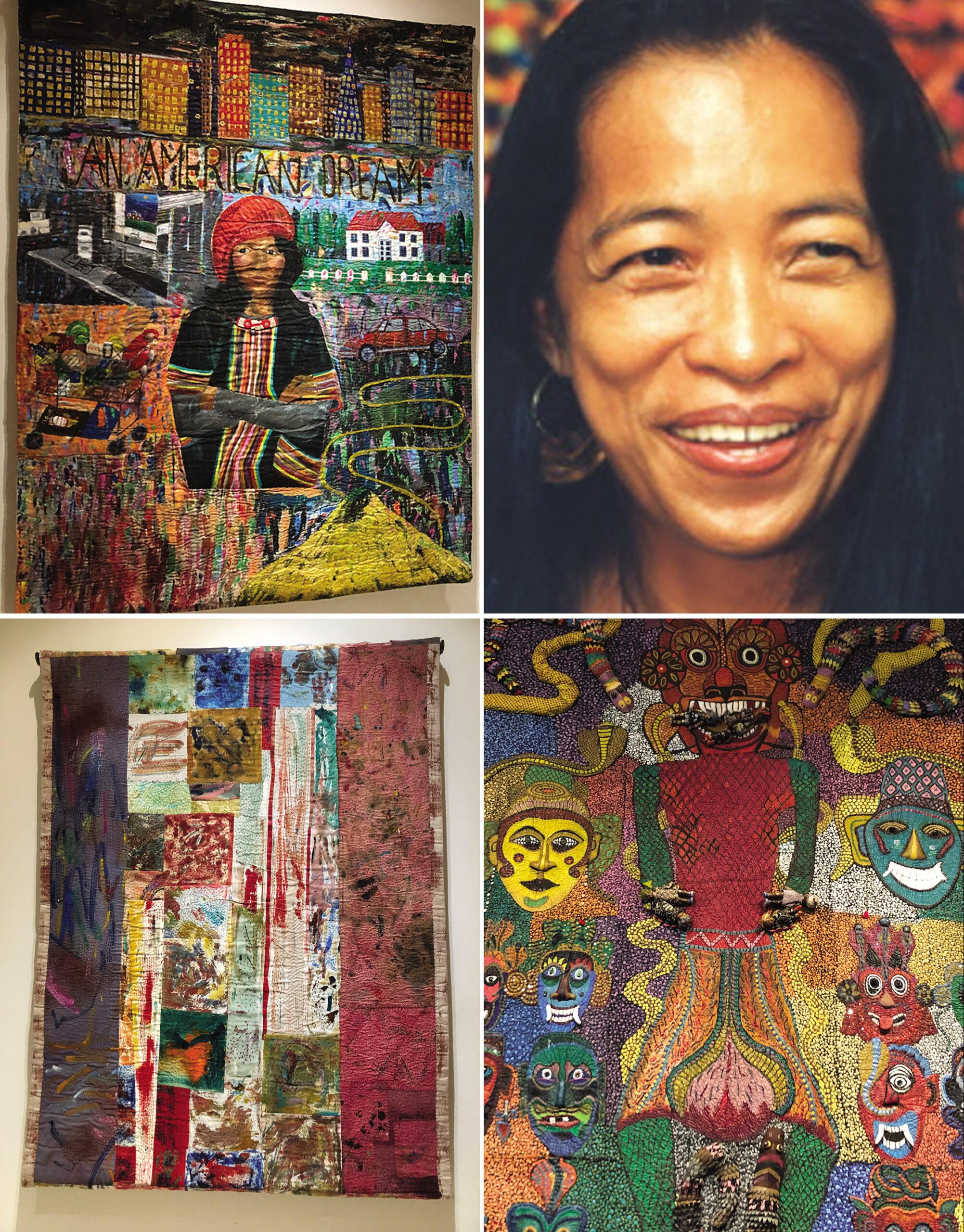
This is the first retrospective of Filipino-American artist Pacita Abad. Spanning the artist’s 32-year career, the exhibition includes more than 50 works—most of which have never been on public view in the United States prior to this exhibition.
Largely self-taught, Abad is best known for her trapuntos, quilted paintings made by stitching and stuffing her canvases as opposed to stretching them over a wood frame. After moving to the United States in 1970 to escape political persecution from the authoritarian Marcos regime, Abad sought to give visibility to political refugees and oppressed peoples through her work.
“I have always believed that an artist has a special obligation to remind society of its social responsibility,” she said.
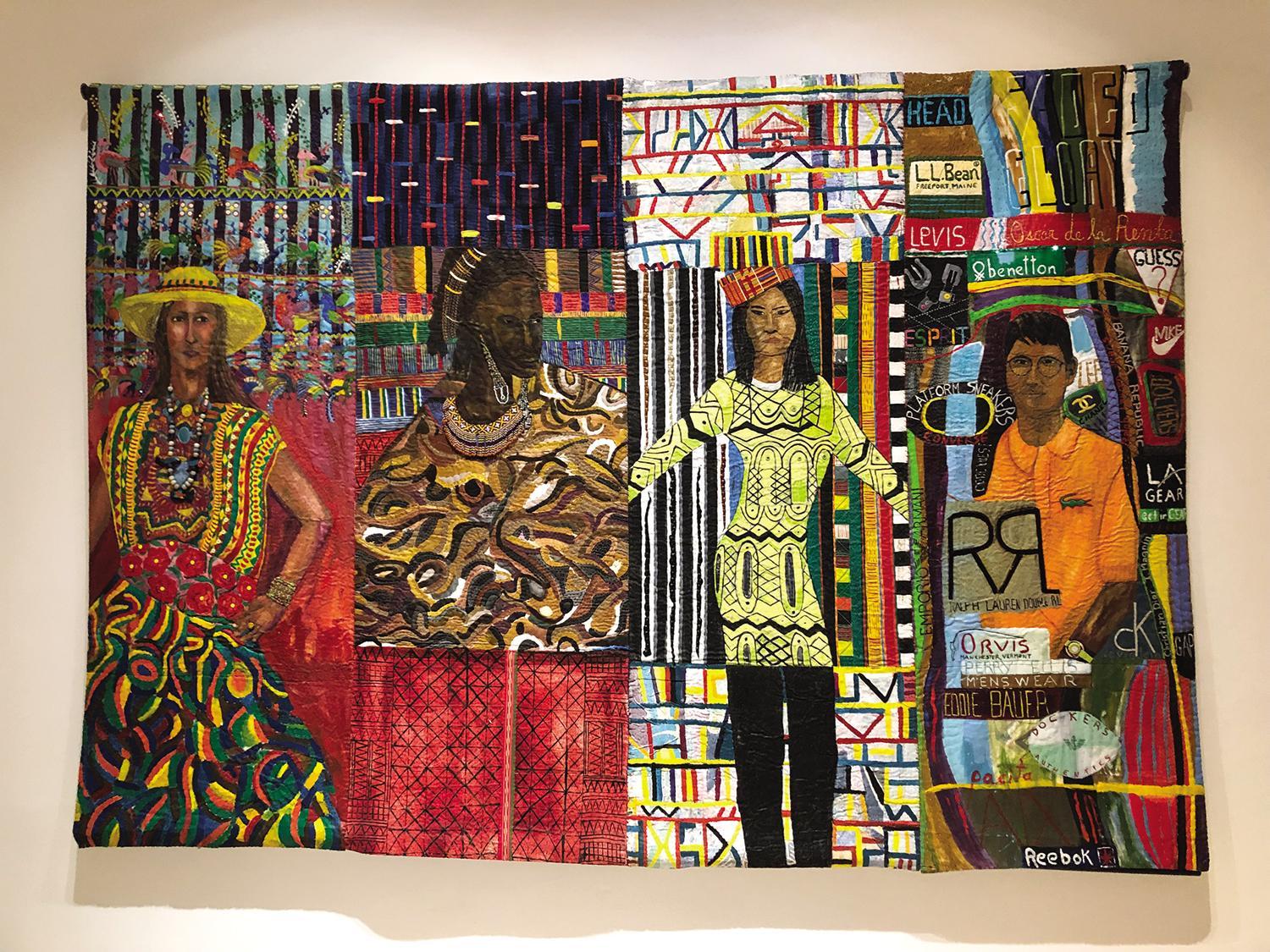
Organized by the Walker Art Center in collaboration with Abad’s estate, the presentation celebrates the multifaceted work of an artist whose vibrant visual, material, and conceptual concerns push forward salient conversations around globalization, power, and resilience.
Mabuhay!
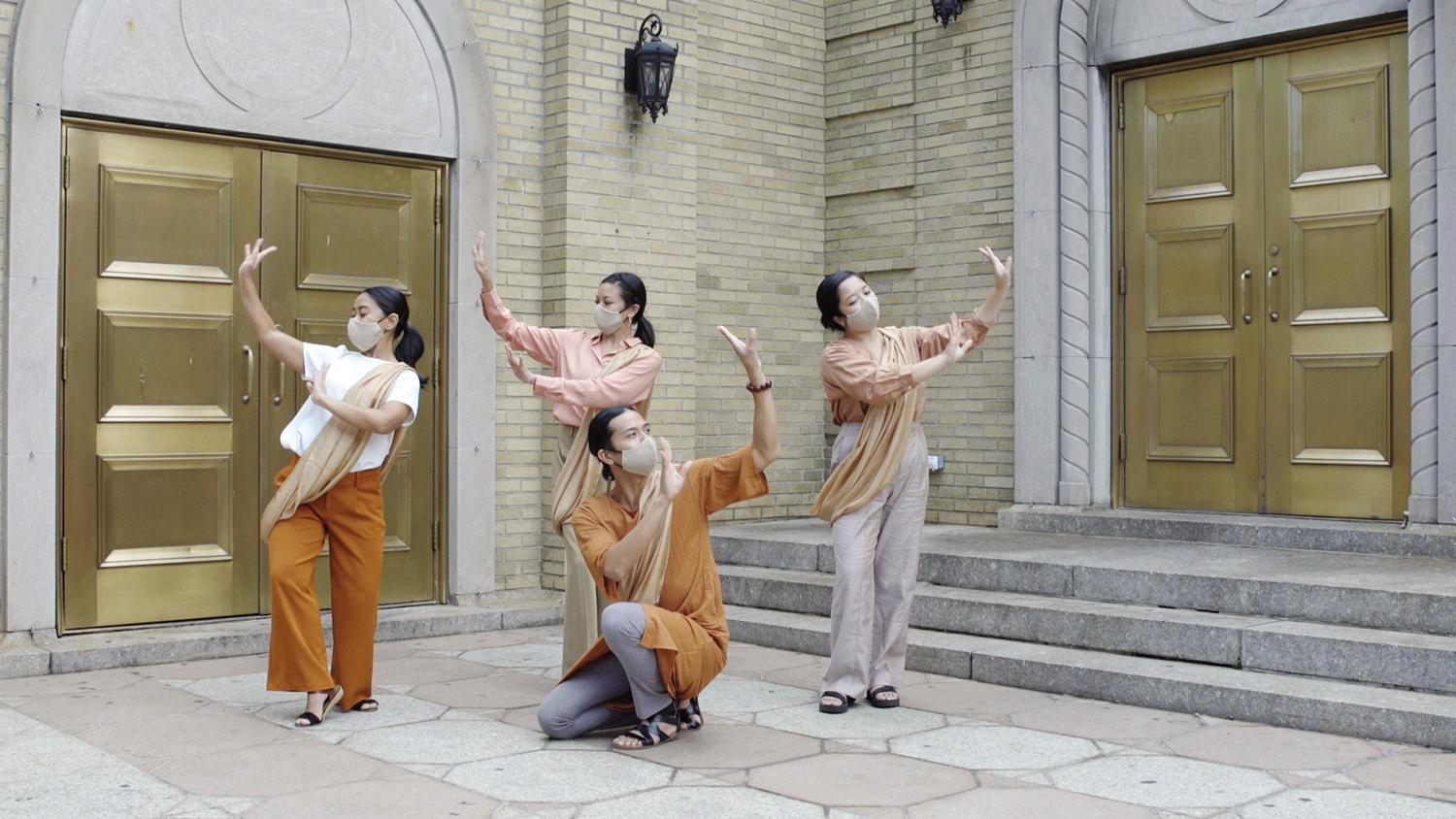
Image courtesy Diana Diroy/Little Manila Queens Bayanihan Arts
“Little Manila Queens: Mabuhay!” is a creative place-keeping project in Homeroom by Little Manila Queens Bayanihan Arts, a grassroots collective of artists and cultural workers who celebrate the diasporic Filipino communities in Woodside, Queens, and throughout New York.
Homeroom, rooted in the building’s rich history as Long Island City’s first school and later a hub for artistic experimentation since PS1’s inception in 1976, serves as the perfect backdrop for this celebration. It’s a space where connections are forged, lessons are learned, and new possibilities are imagined, all with an emphasis on care and reciprocity.
For over fifty years, Filipino migrant workers have filled crucial roles in New York’s healthcare system, particularly in the neighborhood surrounding Elmhurst Hospital, which bore the brunt of the COVID-19 crisis in 2020. Many of these workers have found a sense of community in Little Manila Queens, where exhaustion in a strained healthcare system is understood and supported.
LMQBA emerged that year as a resource and amplifier of the experiences of nurses, homecare aids, childcare providers, teachers, domestic workers, and other essential care-workers who continue to experience exhaustion in a strained healthcare system.
The organization embraces an ethos of compassion in their art-making, centering anticolonial frameworks and bayanihan, a collective civic spirit. For this project, participating artists created films, murals, banners, and dances in collaboration with members of the Filipino diaspora in Queens.
The centerpiece of this Homeroom presentation is the Balikbayan Arch, a newly commissioned counter-monument that facilitates exchange between the Philippines and its diaspora.
The work subverts the Roman triumphal architecture of Manhattan’s Dewey Arch (1899–1900)—a now-demolished monument that celebrated the U.S. conquest of Spain in the 1898 Battle of Manila, which gave rise to the Philippine-American War (1889–1902).
The Balikbayan Arch reframes histories in which Filipinos were misrepresented as insurrectionists during their struggle for liberation, which led to Philippine Independence in 1946. The war has had a long impact on Filipinos, shaping present-day neocolonial relations that gave rise to the Filipino diaspora.
Constructed from shipping boxes used to send goods to family members in the Philippines, the monument reclaims Filipino labor in a reframing of history that connects the lingering effects of war to present-day migration.
Throughout the exhibition, the structure will be disassembled box-by-box to deliver care packages to community organizations across the archipelago, symbolically dismantling a monument to colonialism and replacing it with networks of care.
During the Open House, chef Dennis Villafranca of Jeepney Guy had a free pop-up Filipino kitchen whose one-day-only menu celebrated Little Manila Queens: Mabuhay!
There was also Sew and Tell, an embroidery workshop hosted by LMQBA where participants were able to give new life to their previously loved clothes. They were also able to share stories about textile traditions, learn three simple embroidery techniques, and stitch a design onto their chosen garment.
Cecilia Lim, a Queens-based artist and conflict practitioner working across visual art, film, and embodied practices and Abby Manwiller, a textile artist and climate activist led the workshop. Lim is the founder and lead artist of the Remember Y(our) Connection / Tandaan Ang Ating Ugnayan project, which supports climate justice.


